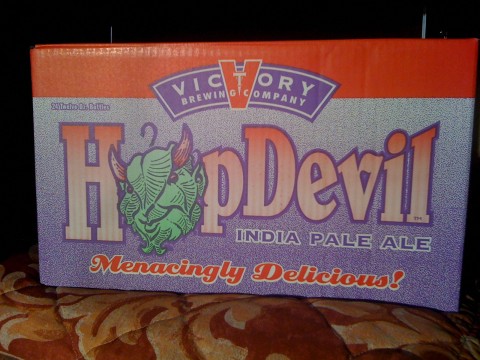I knew that individual Canadians did well out of supplying booze to thirsty Americans during the period of Prohibition, but I didn’t realize how well:
. . . Prohibition — perhaps the maddest of mad American dreams [NR: in a dead heat with the current War on Drugs, I think] — did pretty well by our nation from 1920 to 1933. As American writer Daniel Okrent points out in his fine social history of the era, Last Call, the rivers of Canadian booze that flowed south enriched not only the Bronfman liquor empire, but our federal government. Canadians did make and smuggle illegal liquor, evading both Canadian taxes and American law, but we also made millions of litres of the legal, taxed stuff, the ultimate destination of which was of no concern to Ottawa. The amount of alcohol subject to excise tax — most of which went south one way or another — went from 36,000 litres in 1920 to five million 10 years later, and the excise tax on it rose to a fifth of federal revenue, twice as much as income tax.
Few in Canada had the slightest inclination to aid the American government in cracking down on alcohol use. When a U.S. Coast Guard cutter in pursuit of a Lake Erie rum-runner ran aground near Port Colborne, Ont., locals looted the vessel, then filled its engines with sand. About the only Canadians Okrent could unearth who thought the Dominion should help Uncle Sam seal his border were those making a fortune selling alcohol to American visitors. One way or another, most Canadians agreed with the smug satisfaction of CNR president Sir Henry Thornton, whose railway was growing fat off liquor tourism: “The dryer the U.S. is,” opined Sir Henry, “the better it will be for us.”
If there was an upside to what was known — at first, without a trace of irony — as “The Noble Experiment” in the U.S. itself, Okrent is hard-pressed to find it. America had always been awash in alcohol. (Johnny Appleseed’s fruit was inedible, but Americans still embraced his trees — virtually every homestead kept a barrel of hard cider by the door for visitors.) During the sodden 19th century, adult Americans downed 27 litres of pure alcohol each annually. That kind of demand wasn’t going to disappear no matter what the law said.
And yet the lesson has been forgotten. When drug prohibition finally comes to an end, historians will have a field day drawing the obvious comparison between the War on Drugs and the “Noble Experiment”. The theses practically write themselves . . .




